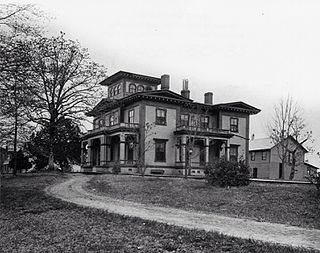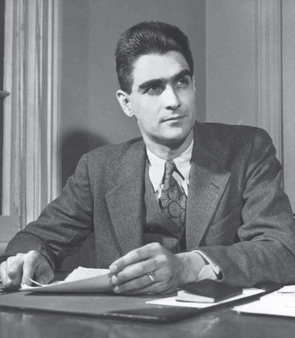See also
- Robert O. Wilder Building, a historic plantation mansion on the campus of Tougaloo College in Tougaloo, Mississippi
Robert Wilder may refer to:
Robert Wilson may refer to:

Audrey Forbes Manley is an American pediatrician and public health administrator. Manley was the first African-American woman appointed as chief resident at Cook County Children's Hospital in Chicago (1962). Manley was the first to achieve the rank of Assistant Surgeon General in 1988 and later served as the eighth president of Spelman College.
David or Dave Roberts may refer to:
Jonathan, Jonny, or Jon Smith may refer to:

Tougaloo College is a private historically black college in the Tougaloo area of Jackson, Mississippi, United States. It is affiliated with the United Church of Christ and Christian Church. It was established in 1869 by New York–based Christian missionaries for the education of freed slaves and their offspring. From 1871 until 1892 the college served as a teachers' training school funded by the state of Mississippi. In 1998, the buildings of the old campus were added to the National Register of Historic Places. Tougaloo College has an extensive history of civic and social activism, including the Tougaloo Nine.
Robert Grant may refer to:

WLOO is a television station licensed to Vicksburg, Mississippi, United States, serving the Jackson area as an affiliate of MyNetworkTV. Owned by Tougaloo College, it has a joint sales agreement (JSA) with Fox affiliate WDBD. Both stations, in turn, are controlled under a shared services agreement (SSA) by Gray Television, owner of NBC affiliate WLBT, channel 3. The stations share studios on South Jefferson Street in downtown Jackson, while WLOO's transmitter is located on Thigpen Road southeast of Raymond, Mississippi.
Andrew Martin may refer to:

Tougaloo (TUG-a-lu) is an area in Jackson and in Hinds County, Mississippi. Its ZIP Code, 39174, is assigned to the area encompassing Tougaloo College, which is in Madison County.
Barnaby Conrad Keeney was president of Brown University from 1955 to 1966. He was known and loved by the student body for openness and his dry wit. As he once observed, "One of the joys of the life of an educator, particularly a president, is the amount of free advice he gets." Keeney then served as president of Claremont Graduate University from 1971 to 1976.
Willa is a feminine given name. Notable people and characters with the name include:

Joan Trumpauer Mulholland is an American civil rights activist who was active in the 1960s. She was one of the Freedom Riders who was arrested in Jackson, Mississippi in 1961, and was confined for two months in the Maximum Security Unit of the Mississippi State Penitentiary. The following year she was the first white student to enroll at Tougaloo College in Jackson, Mississippi and served as the local secretary of the Student Nonviolent Coordinating Committee (SNCC).
Paul Graham may refer to:
Tougaloo may refer to:

The Tougaloo Nine were a group of African-American students at Tougaloo College, who participated in civil disobedience by staging sit-ins of segregated public institutions in Mississippi in 1961.

The Robert O. Wilder Building, previously known as the John W. Boddie House and then the Tougaloo Mansion House, is a historic plantation mansion on the campus of Tougaloo College in Tougaloo, Mississippi.

Louie Zenobia Coleman was an American librarian who worked for most of her career at Tougaloo College in Mississippi. She encouraged black people to become librarians and received an honorary lifelong membership from the American Library Association. The L. Zenobia Coleman library at Tougaloo College is named for her.
Solomon Curtis Osborne is an American attorney and politician serving as a member of the Mississippi House of Representatives from the 32nd district. He assumed office on March 18, 2019.

John Usher Monro was an American academic administrator and Dean of Harvard College from 1958 to 1967. He made national headlines when he left Harvard for Miles College, a historically black and then-unaccredited institution in Birmingham, Alabama.
Adam Daniel Beittel was a minister, academic and supporter of civil rights. He was president of Talladega College from 1945 to 1952 and Tougaloo College from 1960 to 1964.